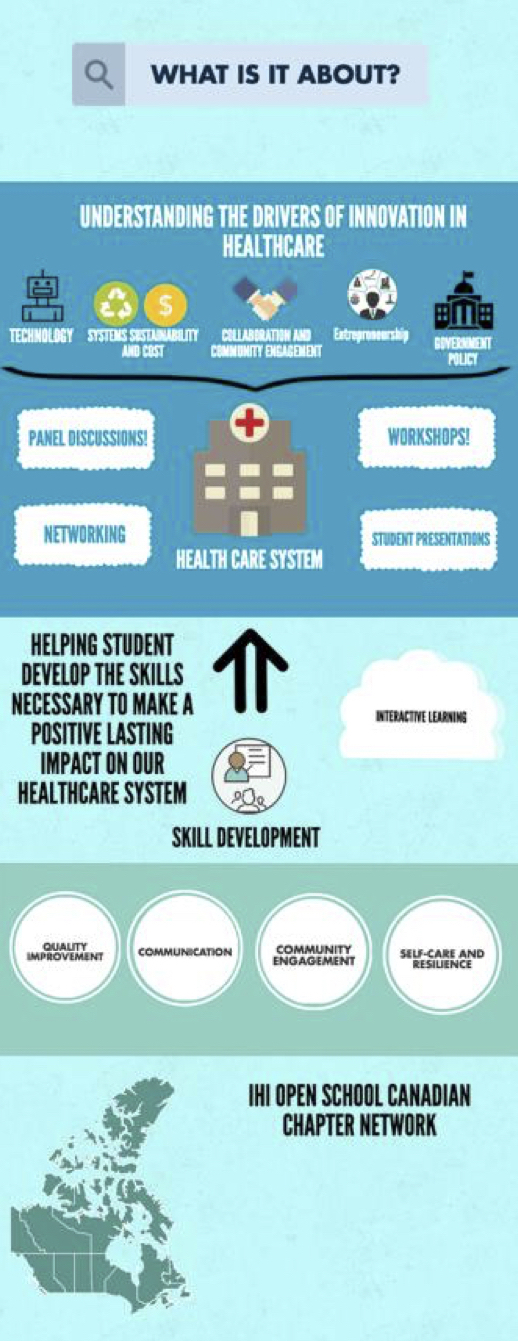BY TAYLOR PERRY

Understand that most of the work done by nursing students is completed and reviewed once, never to see the light of day again. But this past week, I had the opportunity to participate in a more lasting presentation of work undertaken during my time at the UBC school of nursing. The biennial C2U Expo – held at SFU Harbour Centre – allowed me the chance to both disseminate a personal project to a larger audience, and reconnect with friends I had made during my synthesis project.
Right – the synthesis project. I call it my synthesis project when it would be more accurate to call it a team effort. When I saw a listing for a therapeutic writing project at Turning Point recovery, I jumped at the opportunity. It was my first choice, as it was the first choice of two other nursing students. The three of us joined forces with the team at Turning Point who had been running – informally, mind you – the writing program for some time. They had high hopes for the program, but unfortunately lacked the resources to achieve them.
Enter the nursing students. Turning Point wished to build a standardized Therapeutic Writing program that it could distribute to each of its sites, complete with lesson plans, learning objectives, and thematic elements. While this was the overarching project, as students we were able to experience the program and participate alongside the house residents during the weekly sessions. For me, this was the most memorable part of the project. We had the opportunity to form relationships with people on the recovery journey and catch a glimpse of the house’s operations. And through it all, we developed the program in consultation with the Turning Point team. Once we had completed it, I assumed our relationship with Turning Point had reached its natural conclusion.
But then came C2U. Held every two years, the C2U Expo “showcases the best practices in community-campus partnerships worldwide.” It explores spaces for collaboration and helps to foster connections between academic institutions and the communities they serve. When I was asked if I could contribute a student perspective to the Turning Point presentation, I eagerly confirmed my interest. Ross Laird from Turning Point led the discussion, Ranjit Dhari described UBC’s efforts, and I provided a student voice. Together, we introduced the Therapeutic Writing program (and two other Turning Point projects) to a room full of conference attendees. We explained its rationale, development, and the partnership forged by UBC and Turning Point. Yet it also brought some closure to the project for me, and a last chance to connect with people with whom I had worked so closely. Because in addition to building a robust writing curriculum, we had built strong friendships, too. The program is now alive and well across multiple Turning Point sites. Our hope is that we also inspired others at the C2U Expo to do something similar.
 Follow
Follow